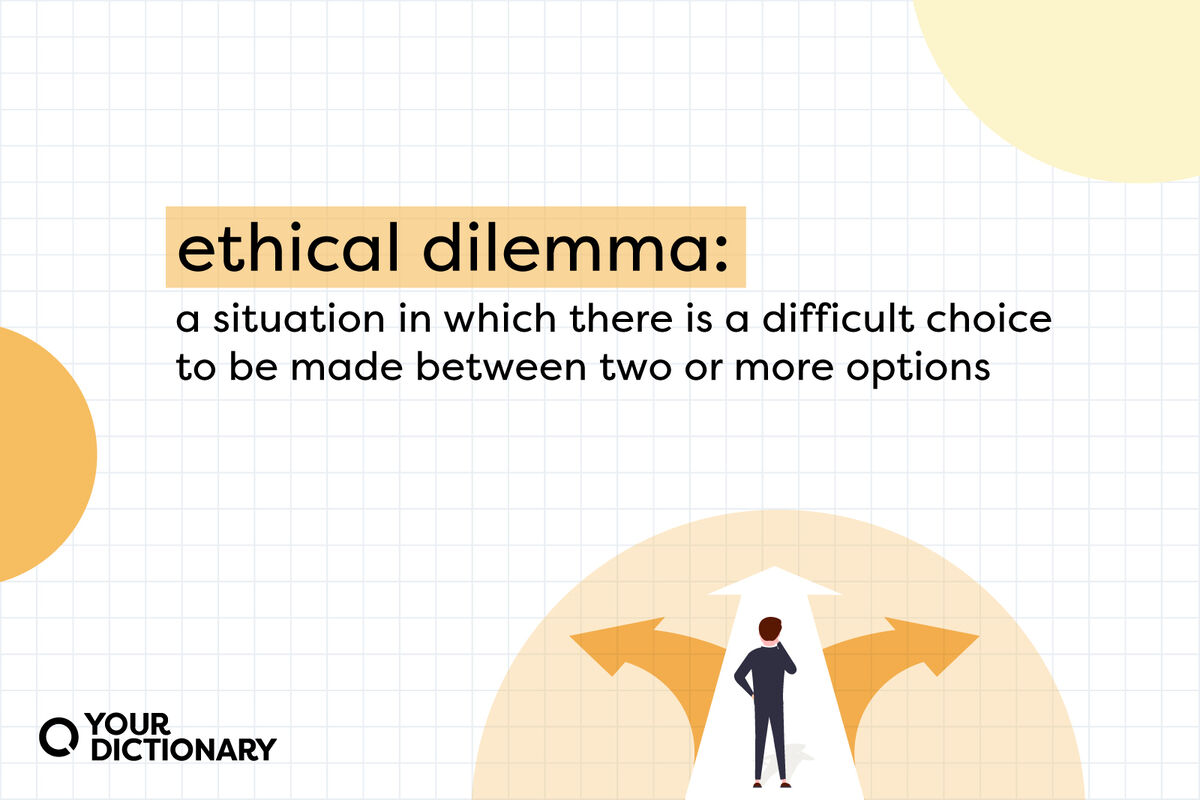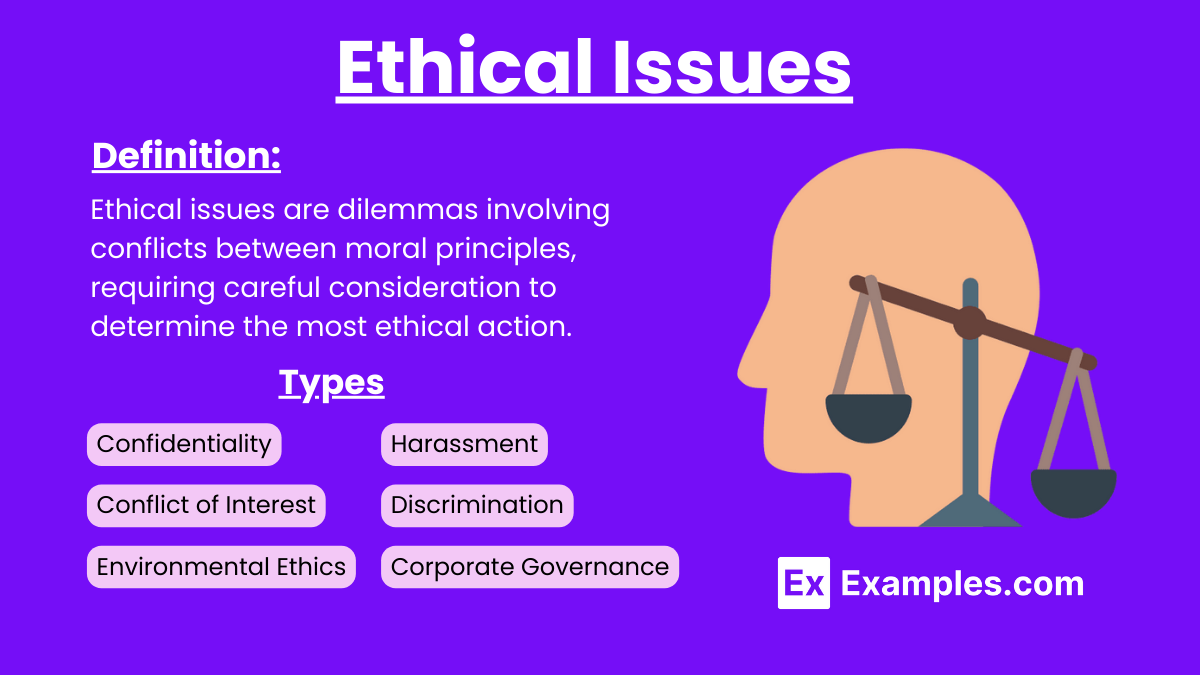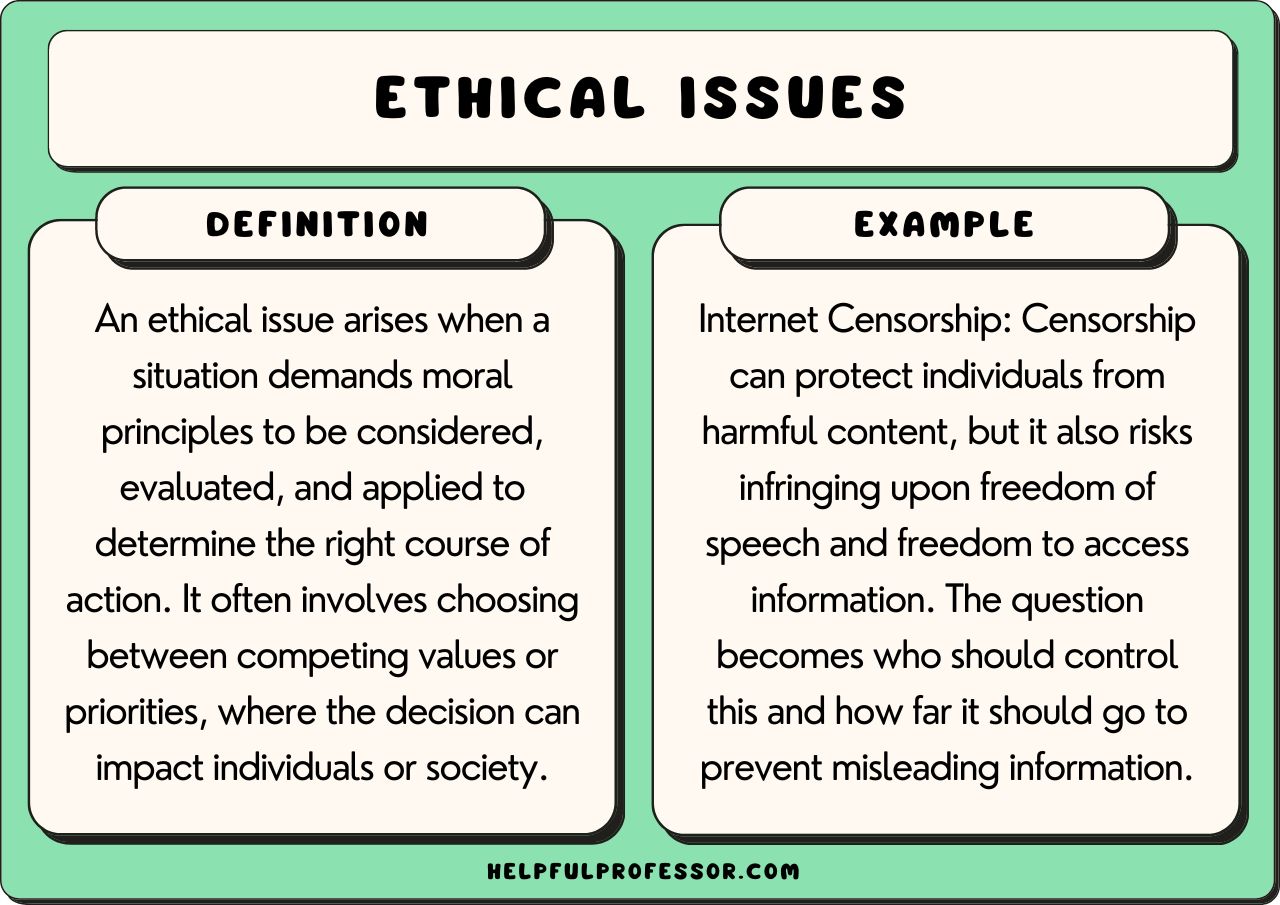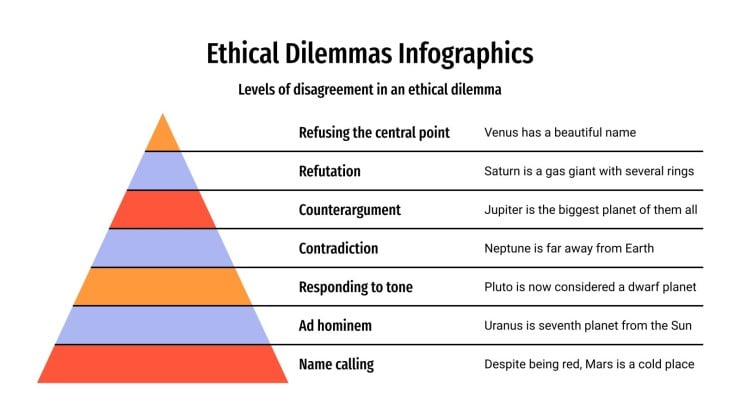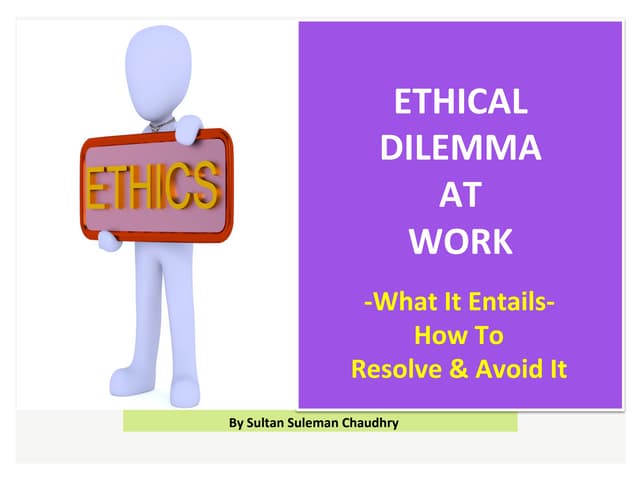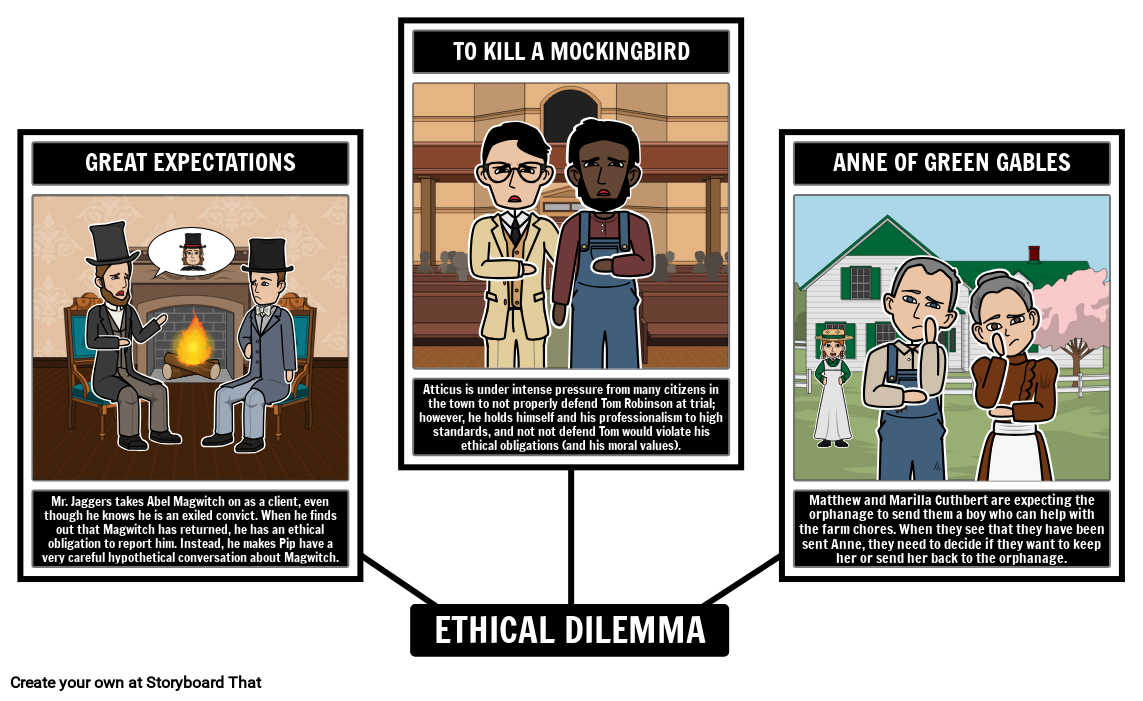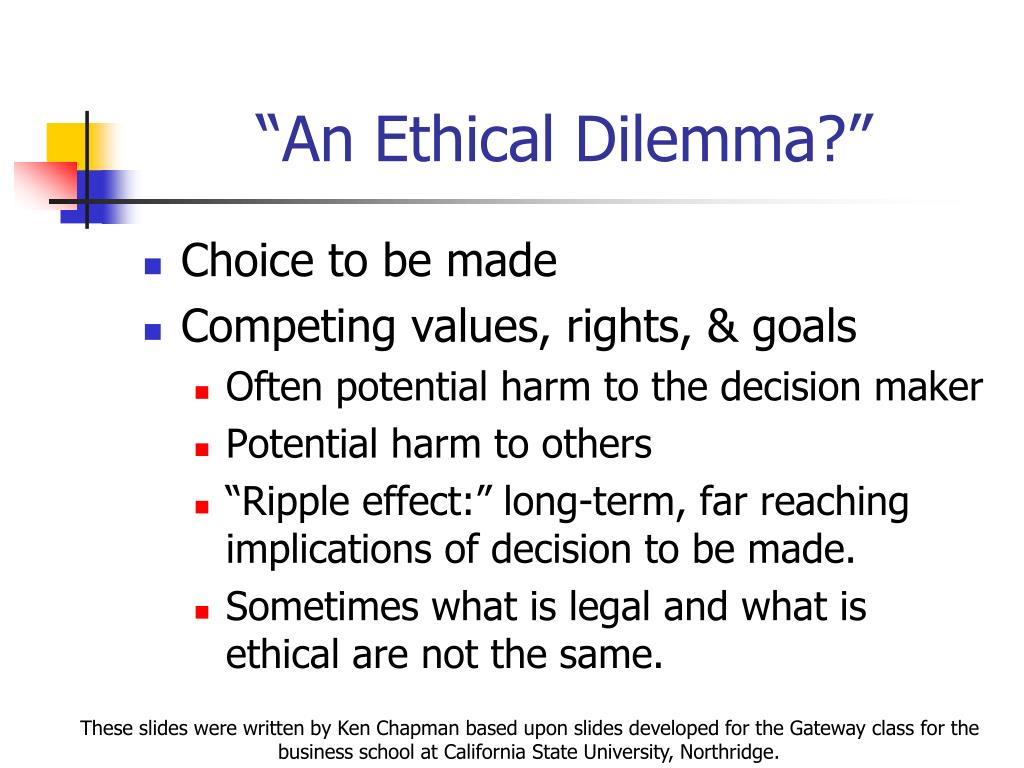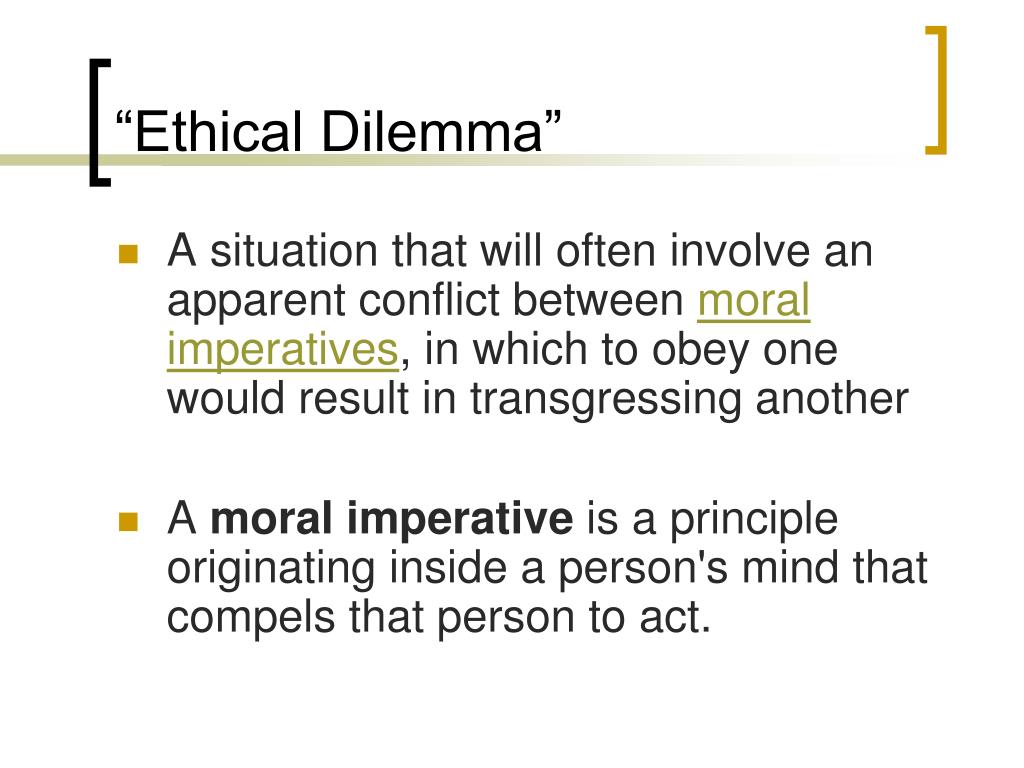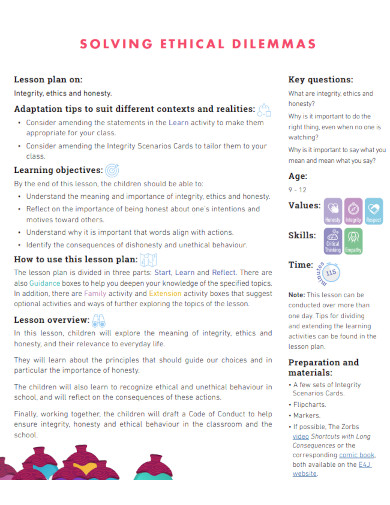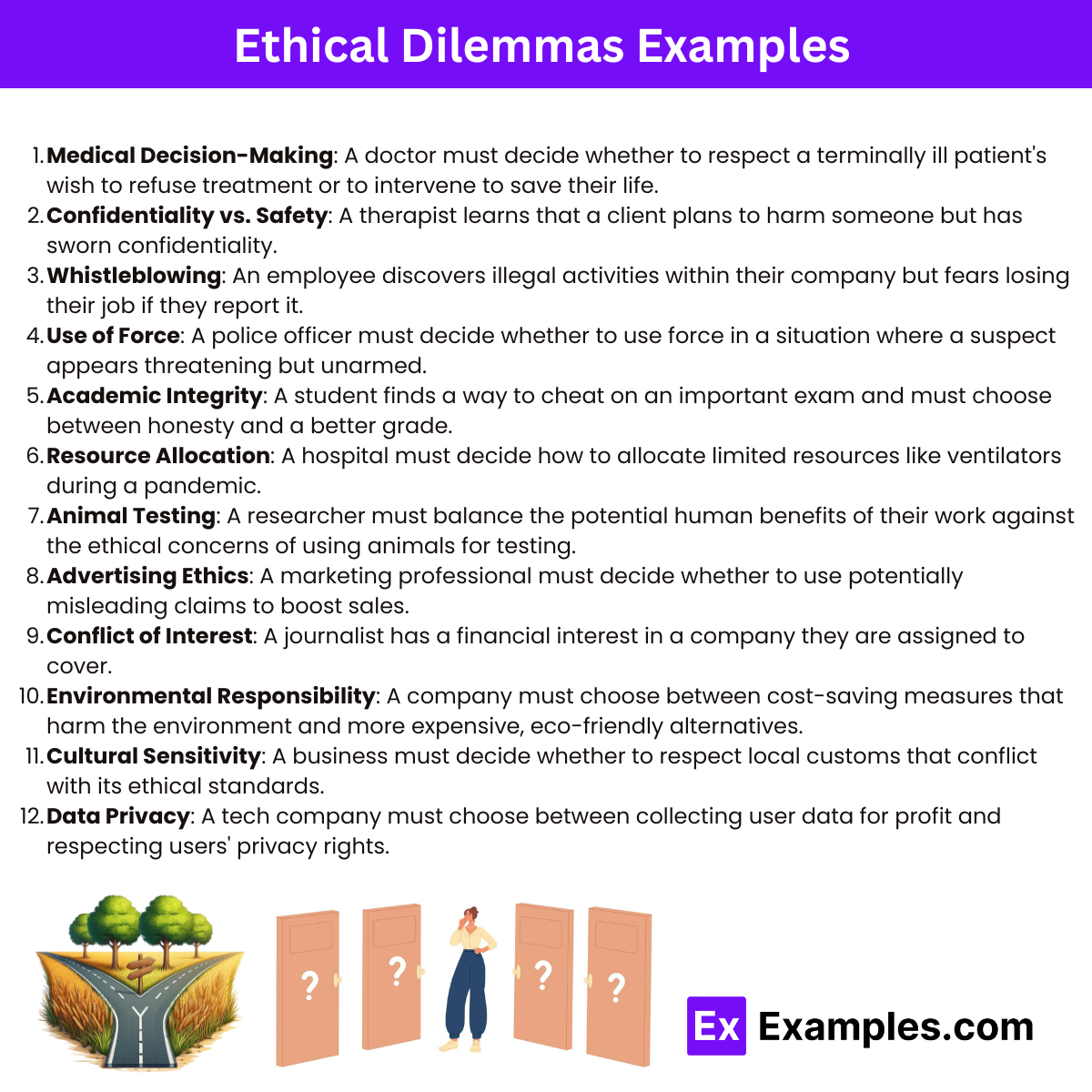Practical Examples Of Ethical Dilemmas
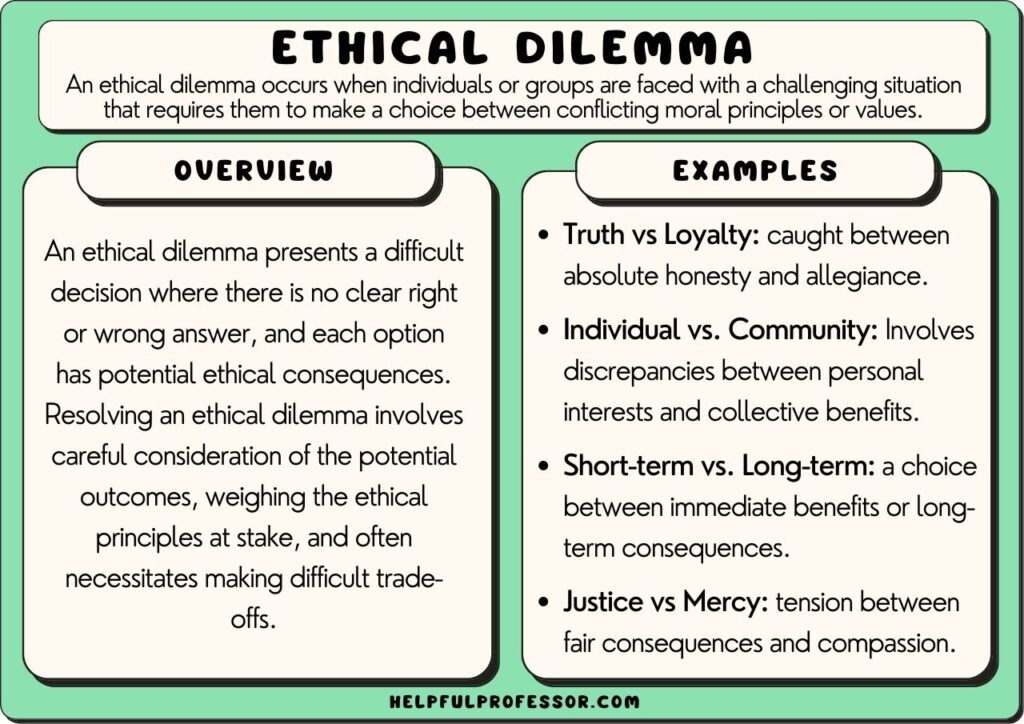
Ethical dilemmas plague every profession, forcing individuals to navigate complex situations with no easy answers. Real-world examples highlight the pervasive nature of these challenges and the critical need for ethical frameworks.
This article delves into practical examples of ethical dilemmas across various sectors, demonstrating the tangible impact of ethical decision-making. We explore scenarios in business, healthcare, technology, and journalism, illustrating the complexities and consequences involved.
Ethical Dilemmas in Business
Insider Trading: A Breach of Trust
Imagine an accountant at Enron overhearing a conversation about the company’s impending collapse. Should they sell their stock before the information becomes public, potentially saving themselves while harming other investors?
This scenario exemplifies insider trading, a blatant violation of ethical and legal standards. The Securities and Exchange Commission (SEC) rigorously investigates such cases to maintain market integrity.
Conflict of Interest: Loyalty Divided
Consider a purchasing manager at a construction firm whose brother owns a competing supply company. Should they favor their brother’s company when awarding contracts, even if other vendors offer better prices or quality?
This represents a conflict of interest, where personal relationships compromise professional objectivity. Disclosure and recusal are crucial in mitigating such dilemmas.
Ethical Dilemmas in Healthcare
Patient Confidentiality: Balancing Privacy and Safety
A doctor discovers that a patient with a highly contagious disease refuses to inform their partner. Does the doctor have a duty to warn the partner, even if it means violating patient confidentiality?
This situation highlights the tension between patient privacy and the responsibility to protect public health. Legal and ethical guidelines often provide frameworks for navigating these complex scenarios.
Resource Allocation: Distributing Scarce Resources
During a pandemic, hospitals face a shortage of ventilators. How should doctors decide which patients receive this life-saving treatment when demand exceeds supply?
This illustrates the agonizing reality of resource allocation, forcing healthcare professionals to make impossible choices. Ethical frameworks and triage protocols are essential in guiding these decisions.
Ethical Dilemmas in Technology
Data Privacy: Using User Information Responsibly
A social media company collects vast amounts of user data. Should they sell this data to advertisers without explicit consent, even if it generates significant revenue?
This raises critical questions about data privacy and the ethical use of personal information. Regulations like the General Data Protection Regulation (GDPR) aim to protect user rights.
Algorithmic Bias: Ensuring Fairness in Automated Systems
An AI-powered recruitment tool consistently favors male candidates over equally qualified female candidates. Is it ethical to use this tool without addressing the underlying bias?
This highlights the danger of algorithmic bias, where automated systems perpetuate existing inequalities. Careful testing and monitoring are crucial for ensuring fairness.
Ethical Dilemmas in Journalism
Source Confidentiality: Protecting Informants vs. Public Interest
A journalist promises a source confidentiality in exchange for information about government corruption. Should they reveal the source’s identity if subpoenaed by a court?
This exemplifies the conflict between source confidentiality and the pursuit of justice. Shield laws and journalistic ethics codes provide guidance in these situations.
Objectivity vs. Advocacy: Reporting Fairly on Controversial Issues
A journalist covering climate change is deeply concerned about the environmental impact of fossil fuels. How can they report objectively while acknowledging the scientific consensus on climate change?
This highlights the challenge of maintaining objectivity while reporting on issues with significant social implications. Transparency and accurate reporting are paramount.
Navigating ethical dilemmas requires critical thinking, empathy, and a strong commitment to ethical principles. Ongoing dialogue, training, and adherence to ethical frameworks are essential for fostering ethical decision-making across all sectors.
Organizations and individuals must proactively address ethical challenges by establishing clear guidelines, promoting ethical cultures, and providing support for those facing difficult decisions.

